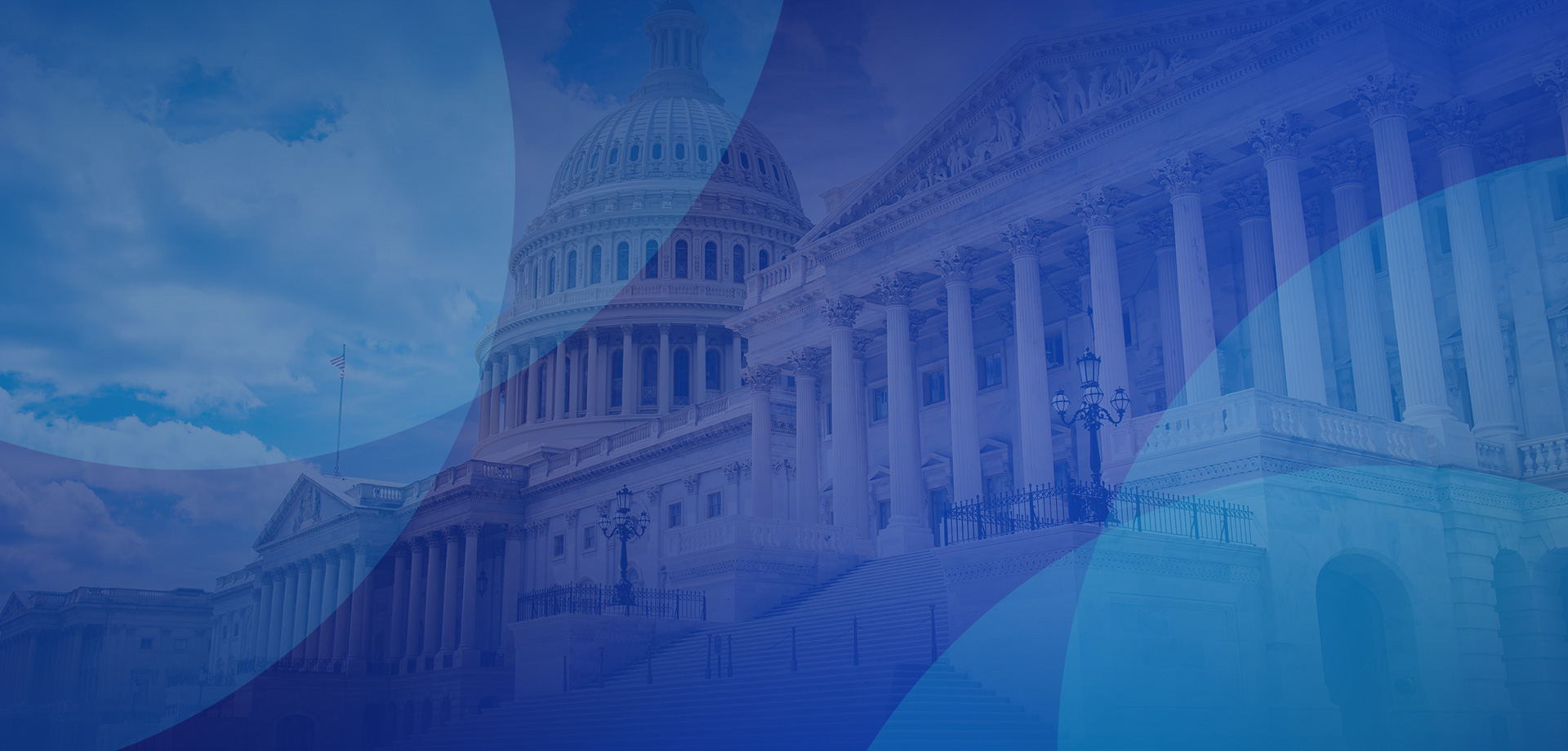Bankruptcy law is governed by Title 11 of the United States Code. It is meant to help those who have made financial mistakes in their lives get a fresh start in the country that is known as the “land of opportunity.” Bankruptcy laws in the United States are governed by federal, not state, rules. This is the case, despite the fact that there are bankruptcy courts in every major region of the country. State governments are not allowed to change any bankruptcy rules or make any decisions regarding bankruptcy.
When an individual or business files for bankruptcy, he must go before a United States Trustee in bankruptcy court. A United States Trustee is an individual who is assigned to supervise the dispersement of funds and the reorganization of financial data for individuals and businesses in bankruptcy matters. During a bankruptcy hearing, the individual or business filing for bankruptcy protection will be asked a series of questions regarding the dispersement of these funds. He will also be asked to release information about every asset and expense the party has. He will also be required to verify under which chapter the bankruptcy will be filed.
Chapter 7 Bankruptcy
Filing under Chapter 7 bankruptcy is considered the liquidation of funds. Chapter 7 filings are the most common bankruptcy filings in the United States. This involves the appointment of a trustee to the individual’s case. The trustee collects any property that is not exempt from the bankruptcy and disperses that property to creditors.
Chapter 7 bankruptcy, in most instances, allows individuals to get a fresh financial start. When filing under this chapter, the individual’s debts, for the most part, are no longer owed, and the individual can then start reestablishing his credit. Typically under a Chapter 7 bankruptcy, the individual loses all credit status. This means the individual has virtually no credit. The person must then work to build a solid financial status. In addition, a bankruptcy typically appears on an individual’s credit reports for seven years following the dispersement.
Chapters 11, 12 and 13 Bankruptcies
Filing bankruptcy under Chapters 11, 12 or 13 is not done as frequently as filing under Chapter 7. Filing under these chapters allows the individual to establish a repayment plan for debts and allows him to repay creditors over time.
A qualified Maryland or Washington DC bankruptcy attorney works on behalf of those in need of bankruptcy assistance. An experienced Maryland or Washington DC bankruptcy lawyer knows the intricacies of bankruptcy law, can file the needed paperwork, and can represent an individual in a bankruptcy hearing in front of a trustee.
